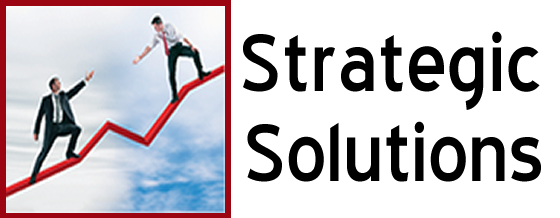What You Can Learn in 30 Seconds or Less
Do you lead with your heart or with your head? Which is better? Let’s find out.
With your forefinger, draw a capital E on your forehead. Did you draw it so that you can ‘read’ the ‘E,’ or so whoever would be facing you could read it? A study performed at Northwestern University a while back found that people who wrote the E so that it’s backwards to themselves, but readable to the person in front of them have taken the other person’s perspective, and are Empathetic. Those who wrote the E so that it appears correct to them but backwards to those looking toward them, haven’t (bothered to) considered the other’s point of view, and as such were deemed Power-oriented.
There is no right or wrong answer, but the results of the study offer powerful insights about how people lead, and by extension, how they can improve themselves, create and motivate a stronger team and add value to their product.
The study went on to indicate that while the majority of people were naturally inclined to be empathetic, providing people with power was directly related to them not drawing the E to the benefit of those facing them. The results also showed that those in power had a reduced capacity to understand how others see, think and feel. Daniel Pink believes that this simple test alone might be indicative of what’s wrong with today’s leadership at every level. It seems that while leaders have been trained to be action-oriented and tough minded, as a consequence they’ve lost the basic human capacity to empathize.
People in management positions and those who assume management positions, many change their mindset to what they feel will best suit their new roles. Some feel they must ‘man up’ to the job, and take a ‘power’ mindset in order to gain respect and to succeed. Some believe they need to be that way, not because they necessarily lack feeling, but because they’ve gained responsibility. They perceive the need to change their focus in order to ‘live up’ to job requirements and that they need to establish control. Eventually, hard skills begin taking precedence and in time, their brains get used to thinking ‘hard’ and the ability to empathize is relegated to memory.
Education also teaches hard skills. We learn how to work systems, how to manage programs and establish procedures and protocols, but it falls short on teaching people how to create an environment that integrates business and technical knowledge with the basic human trait of putting yourself in another’s shoes.
It’s obvious that whether you’re a business owner, manager, C-Level executive or in any position of authority, an integrative approach is best. The best leaders are those who have been able to combine hard business skills (power) with human empathy.
So how do we re-learn what we once knew so well, empathy? Reawaken your senses. It starts by talking less and listening more. Play a little creative visualization game with yourself. Take the other side of a problem and think how someone else might respond.
Understand another point of view without being defensive. Have respect. Always remember, everyone is fighting a battle you know nothing about, so it doesn’t hurt to empathize!
